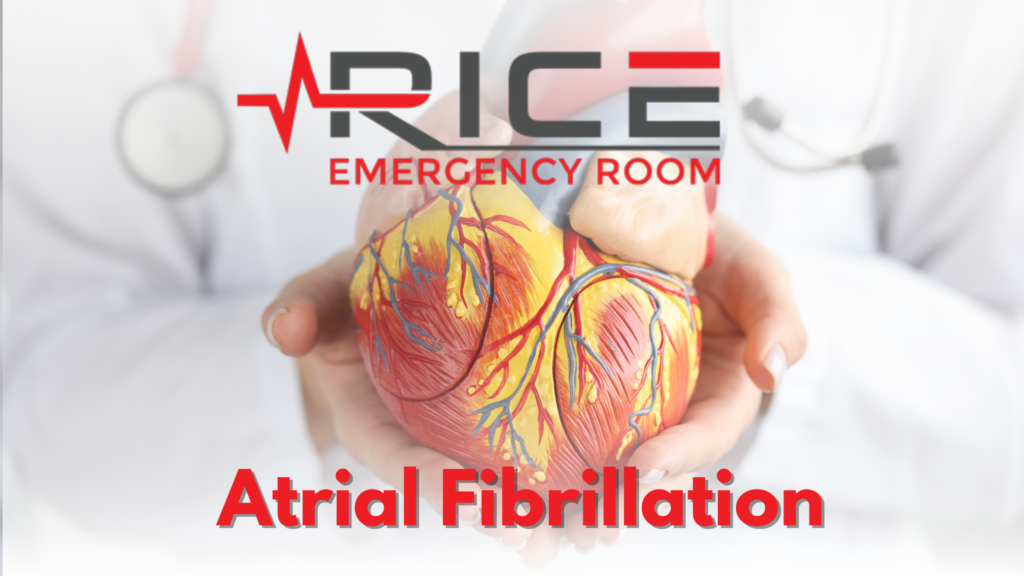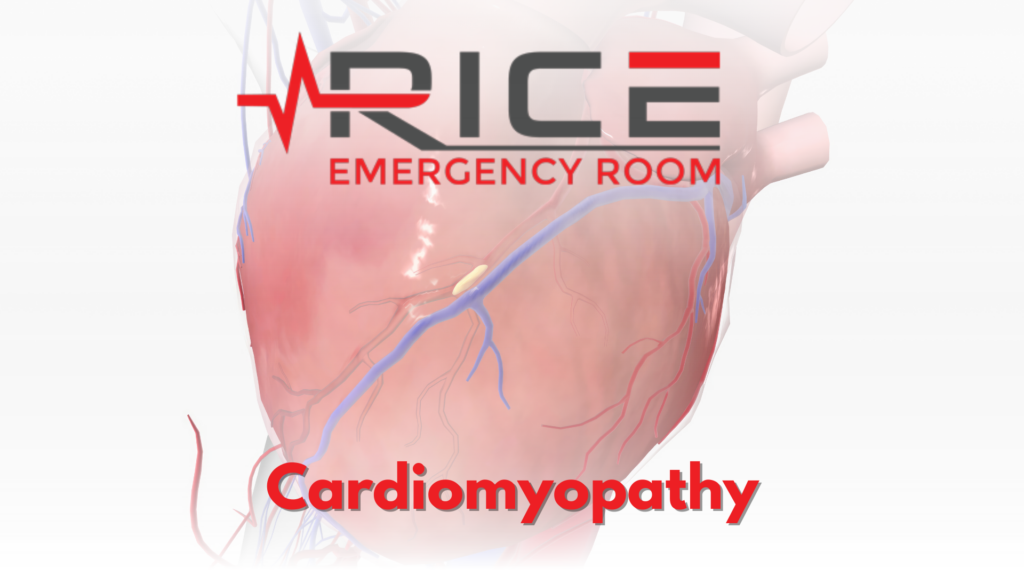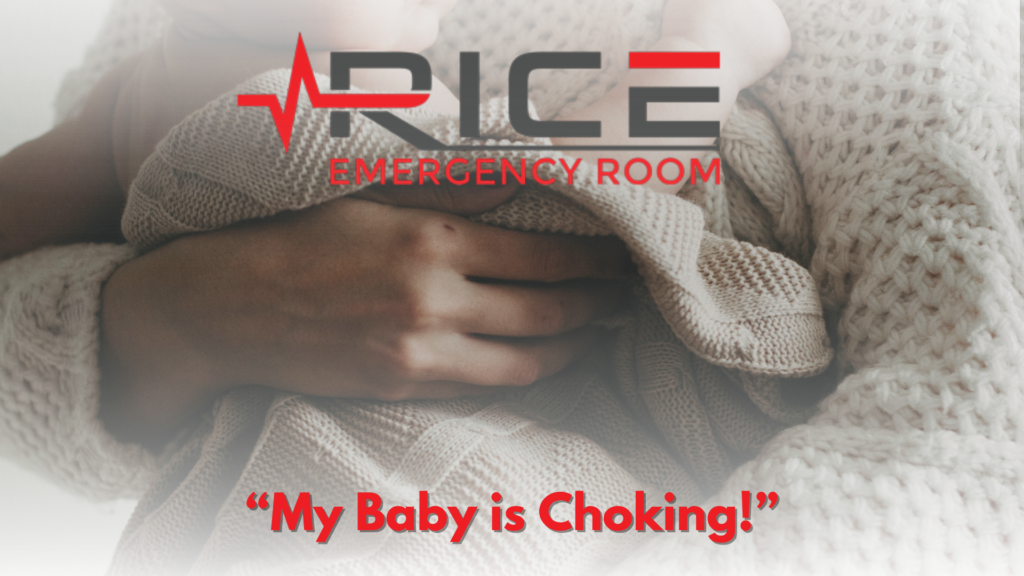New Year’s resolutions always weigh heavily on our New Year agenda. The tradition of setting resolutions invites us to reflect on the past and envision a future where positive changes shape our lives. New Year’s resolutions often revolve around the dual pillars of mental and physical health, aiming to foster holistic well-being. Let us explore popular resolutions, offering practical strategies grounded in expert advice to help you transform these aspirations into sustainable habits.
Mental Health Matters: Nurturing a Resilient Mindset
Mental health is a top priority for New Year’s resolutions, echoing the growing awareness of the importance of psychological well-being. In a world that incessantly demands our attention, finding ways to reduce stress and enhance mental health becomes imperative. To achieve this, consider integrating mindfulness practices into your daily routine. Through meditation or yoga, mindfulness allows you to cultivate a present-focused awareness that can alleviate stress and promote mental clarity.
The need to set realistic expectations when embarking on a mental health journey is required. Rather than overwhelming yourself with lengthy meditation sessions, start small and gradually increase the duration as you become more comfortable. This incremental approach not only makes the process more manageable but also increases the likelihood of success.
Better Rest/Sleep: The Foundation of Well-being
Quality sleep is a cornerstone of overall health, influencing mental and physical well-being. Improving sleep is a common resolution, underscoring its pivotal role in regulating mood, cognitive function, and energy levels. Establishing a consistent sleep schedule to align with your body’s natural circadian rhythm and contributing to better sleep quality is also helpful. (Goodhousekeeping)
Creating a conducive sleep environment is crucial. Ensure your bedroom is dark, cool, and quiet to facilitate a restful night’s sleep. It is advisable to avoid stimulants like caffeine close to bedtime and limit screen time before sleep, as these factors can disrupt your sleep patterns.
Physical Health/Lose Weight: SMART Goals for Lasting Change
The perennial resolution to improve physical health and lose weight often falters due to vague objectives. It’s important to set Specific, Measurable, Achievable, Relevant, and Time-bound (SMART) goals. Instead of a broad resolution like “lose weight,” specify how much weight you aim to lose and set a realistic timeframe for achieving this goal.
A balanced approach that combines dietary changes with regular exercise is key. Adopting a sustainable diet that includes a variety of fruits, vegetables, and whole grains is crucial. Find physical activities you enjoy to make exercise an enjoyable part of your routine, increasing the likelihood of adherence. (Forbes, 2023)
Stop or Reduce Drinking: Reevaluating Your Relationship with Alcohol
Cutting back on alcohol consumption aligns with both mental and physical well-being. Reevaluate your relationship with alcohol as it can impact your overall health. If moderation is your goal, set specific limits on the number of drinks per week and designate alcohol-free days to allow your body to recover.
It is important to seek support when making significant lifestyle changes. Friends, family, or support groups can provide encouragement and accountability. If needed, professional counseling or medical interventions can significantly increase your chances of success in reducing alcohol consumption.
Stop Smoking: A Holistic Approach to Quitting
Quitting smoking is a resolution with profound implications for both physical health and mental well-being. Identifying triggers that prompt smoking and developing alternative coping mechanisms is crucial. Engaging in regular exercise can help manage stress, and practicing deep breathing exercises provides a healthier way to cope with cravings. Create a support network and lean on friends, family, or support groups to navigate the challenges of quitting.
Crafting Realistic Resolutions: Small Steps, Lasting Changes
The importance of setting realistic and achievable goals is key. Unrealistic resolutions can lead to frustration and increase the likelihood of abandonment. Break down large goals into smaller, manageable steps, celebrating victories along the way. Track your progress to stay motivated and be open to adjusting your goals as needed. (Kubala, 2019)
Incorporating Scientific Insights: Evidence-Based Resolutions
Referencing scientific studies and expert opinions lends credibility to your resolutions. Cite research on the positive effects of mindfulness meditation on stress reduction or the correlation between consistent sleep patterns and overall health. Connect your resolutions to evidence-based practices, reinforcing the idea that these changes are supported by scientific findings. (Forbes, 2023)
As we step into the new year, the canvas of possibilities awaits, beckoning us to embrace personal growth and positive change. Let us embark on a transformative journey toward a healthier and happier version of ourselves. Remember, the key is to be compassionate with yourself, embrace realistic goals, and celebrate the small victories that pave the way for lasting change. May the coming year be a chapter of well-being, resilience, and fulfilling your aspirations.
Works Cited
Goodhousekeeping. 65 Best New Year’s Resolutions for 2024 – Good Housekeeping,
www.goodhousekeeping.com/health/wellness/advice/g985/achievable-new-year-resolutions/.
Forbes. “New Year’s Resolutions Statistics 2024.” Forbes, Forbes Magazine, 4 Dec. 2023,
www.forbes.com/health/mind/new-years-resolutions-statistics/.
Kubala, Jillian. “23 Healthy New Year’s Resolutions You Can Actually Keep.” Healthline, Healthline Media, 23 Dec. 2019,
www.healthline.com/nutrition/realistic-new-years-resolutions.




